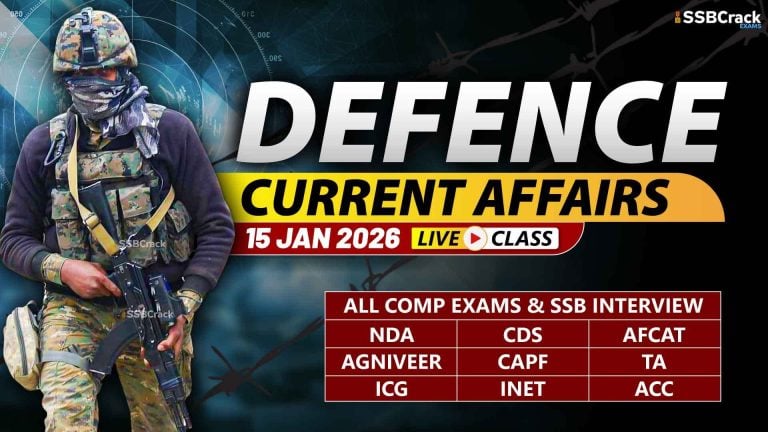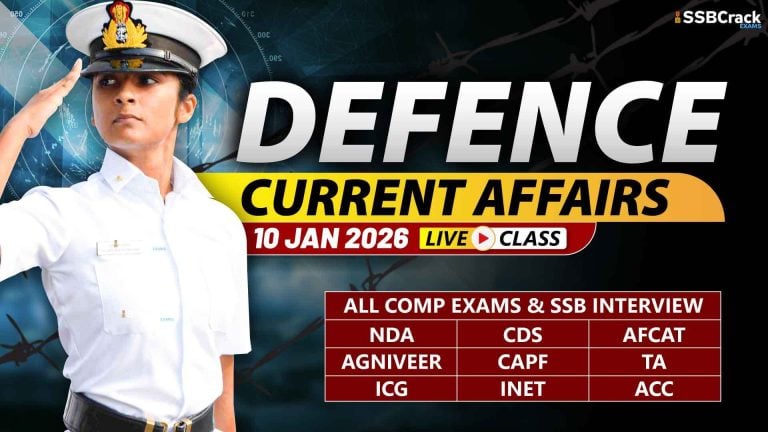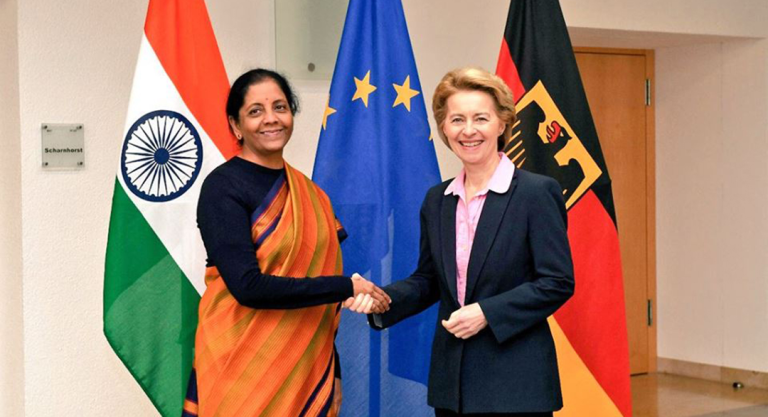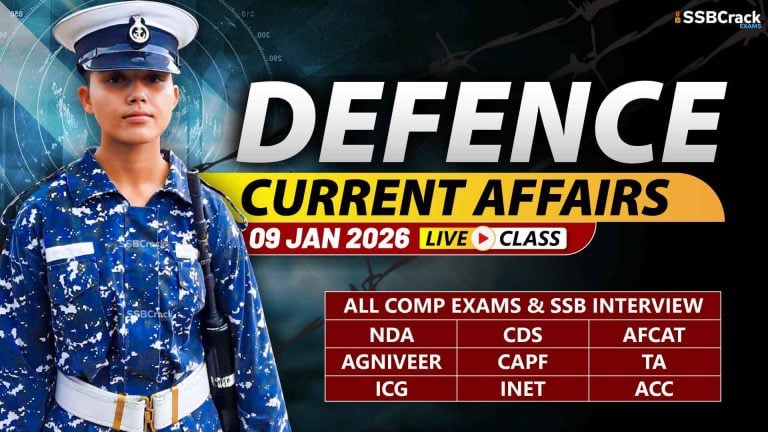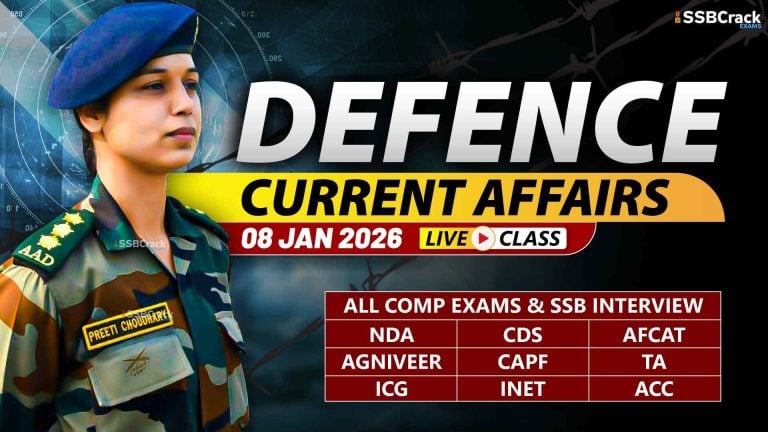The Defence Research and Development Organisation (DRDO), in collaboration with the Integrated Defence Staff (IDS) and the Tri-Services, has officially launched the Indian Radio Software Architecture (IRSA) Standard 1.0 — a landmark achievement aimed at enhancing interoperability and self-reliance in India’s military communication systems.
DRDO Unveils Indian Radio Software Architecture (IRSA) 1.0
Introduction
The Defence Research and Development Organisation (DRDO), in collaboration with the Integrated Defence Staff (IDS) and the Tri-Services, has officially launched the Indian Radio Software Architecture (IRSA) Standard 1.0 — a landmark achievement aimed at enhancing interoperability and self-reliance in India’s military communication systems.
The standard was unveiled during a National Workshop on IRSA, held at DRDO Bhawan, New Delhi.
About IRSA 1.0
- IRSA 1.0 is a comprehensive software architecture standard for Software Defined Radios (SDRs).
- It defines uniform interfaces, APIs, execution environments, and waveform portability mechanisms.
- The architecture ensures waveform portability, interoperability, certification, and conformance across SDR platforms used by the Indian Armed Forces.
Significance of IRSA in Defence Communication
- Marks a defining step in India’s journey towards Atmanirbharta (self-reliance) in defence communication technologies.
- Lays a strong foundation for integrating next-generation communication technologies.
- Encourages the development of a unified ecosystem for indigenous SDR innovation and production.
- Ensures that communication systems across the Army, Navy, and Air Force can operate seamlessly and securely.
Highlights of the National Workshop on IRSA
- The workshop presented:
- The development journey of IRSA.
- A technical overview and ecosystem framework.
- Collaborative discussions on pilot projects, adoption pathways, and innovation opportunities in SDR technology.
- Provided a platform for industry, academia, and armed forces to work together on modern communication solutions.
Key Dignitaries and Participants
- Chief Guest: Dr. Samir V. Kamat, Secretary, Department of Defence R&D and Chairman, DRDO.
- Guests of Honour:
- Air Marshal Ashutosh Dixit, Chief of Integrated Defence Staff.
- Dr. Rajat Moona, Director, IIT Gandhinagar.
- The event was organized under the leadership of Dr. B.K. Das, Director General (ECS), DRDO.
- Participants included representatives from the Indian Armed Forces, Department of Defence Production (DDP), DPSUs, academia, industry, and research institutions.
The Journey of IRSA Development
- The IRSA initiative began in 2021 after recognizing the critical importance of SDRs in modern warfare.
- A core technical team led by DRDO initiated development work in 2022, in close coordination with IDS and the armed services.
- Multiple reviews and consultations were held to refine operational and user requirements.
- IRSA Version 1.0 received approval from the High-Level Advisory Committee (HLAC) in 2025.
Global Relevance and Future Goals
- IRSA 1.0 is India’s first national software specification for Software Defined Radios.
- It aims to become a global benchmark in defence communication architecture.
- The framework enables India to:
- Meet domestic defence communication needs, and
- Export IRSA-compliant SDR solutions to friendly nations, strengthening international defence cooperation.
Conclusion
The launch of IRSA 1.0 marks a historic step towards modernizing India’s defence communication infrastructure. By fostering collaboration among the armed forces, research institutions, and industry, the DRDO has paved the way for technological independence and global competitiveness in secure communication systems.


